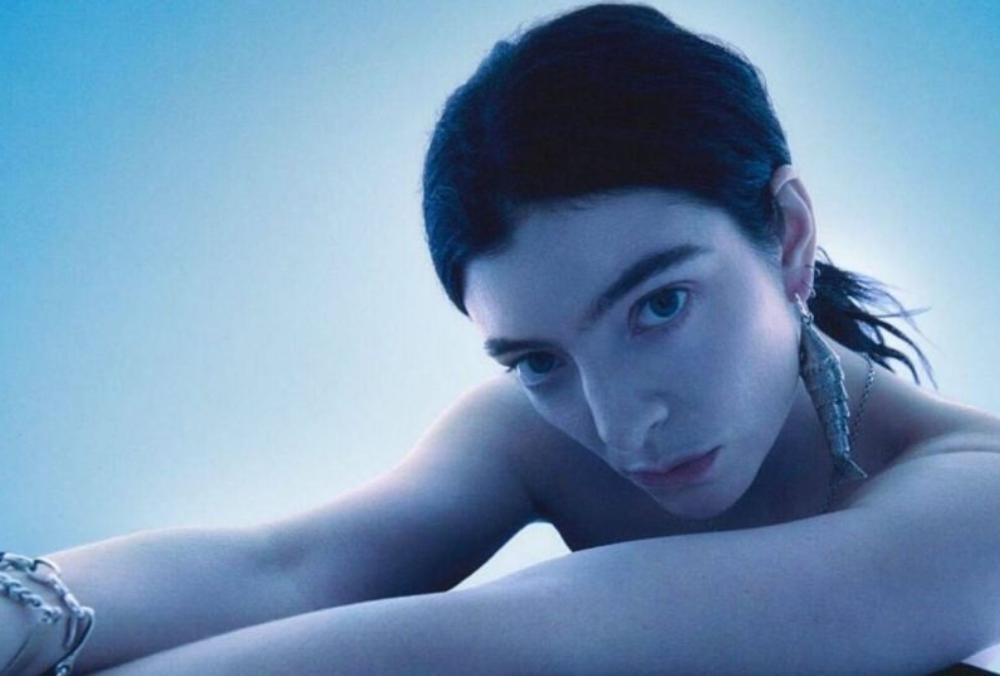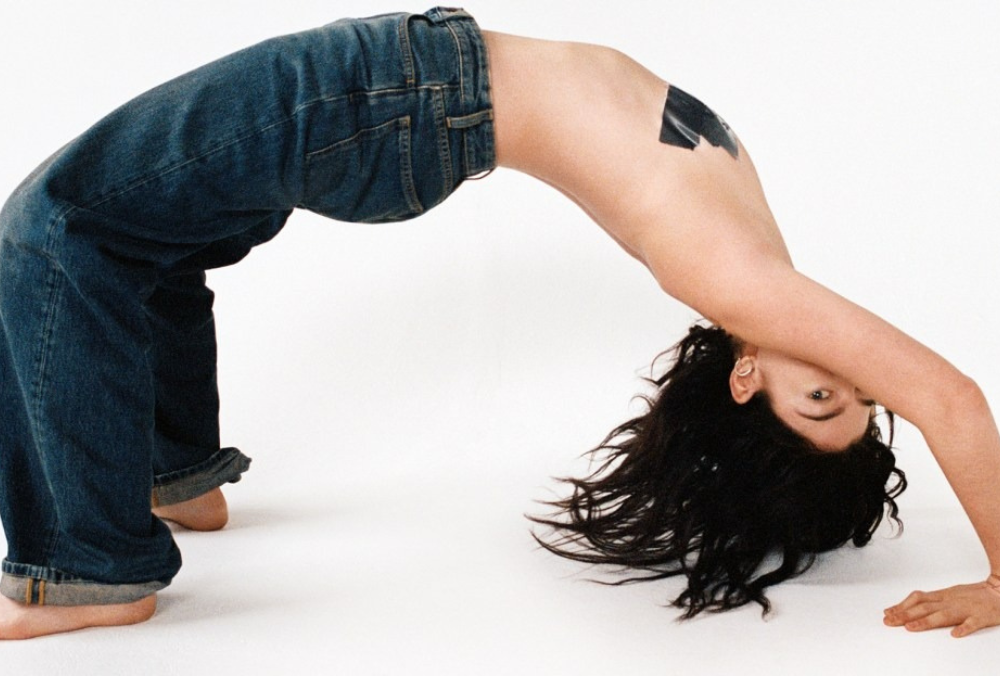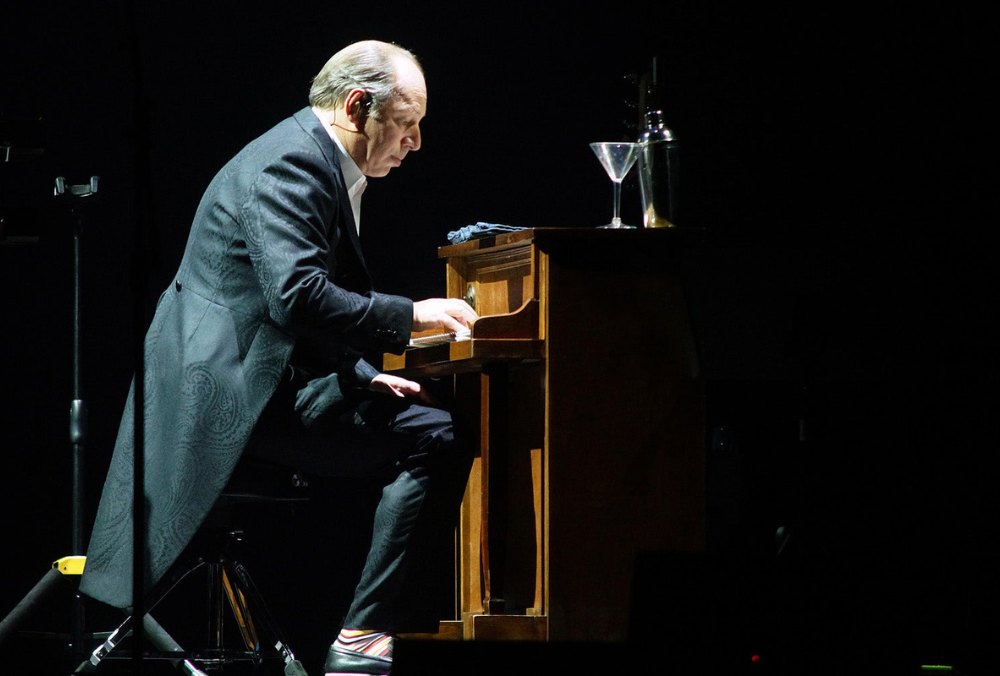
Blondshell Reveals Details on “If You Asked For a Picture”
Blondshell returns to the spotlight with “If You Asked for a Picture.”Due out May 2 via Partisan Records, the album takes its title from Mary Oliver’s poem “Dogfish.” A deep poem revolves around what we showcase so they can see us.
“It’s not about me as a musician sharing with my audience,” Blondshell explains. “It’s about how much of myself I share daily—with a friend, a partner, someone I’ve just met. I love the idea that a little snapshot is sometimes enough.”
Back in 2023, her self-titled debut established her as a new voice in emotionally raw alt-rock. Thus, “If You Asked for a Picture” cements her status as a chronicler of intimate contradictions. Spanning from anger wrapped in sweetness, memory laced with grief, self-awareness couched in uncertainty. Once again helmed by Yves Rothman, the album’s production is a lush, textural evolution of her now-signature sound. It is now a gritty guitar riff balanced with haunting background harmonies and 80s/’90s alt-rock flair.
Breaking The Songs of The Album
Take the searing single “23’s a Baby,” which is a caustic reflection on early motherhood. It’s highly likely referencing her own mother, who passed away in 2018. It is undercut by floating, almost serene vocal layers. It’s an emotional paradox: a cry of anguish delivered like a lullaby. Tracks like “What’s Fair” delve into familial tensions, while others explore body image and identity. Despite the personal subject matter, Blondshell remains protective of the stories behind the songs. “Most of my songs come from personal experience,” she says, “but I want people to find their meaning in them. That’s what music is for.”
Speaking with Billboard, Blondshell reflects on the creative mindset that shaped her second record.
“The earliest songs on this album were the first I wrote post-debut,” she notes. “I wasn’t deliberately trying to be introspective—it just came out that way. On my first record, I felt like I needed to be certain about everything I said. This time, I allowed myself to ask questions instead: Is this relationship working? Is this who I want to be?”
That space for uncertainty opened the door to sonic expansion as well. “I didn’t want to abandon what I’d already built, but I did want more texture,” she says. “I’ve always loved background vocals—Fleetwood Mac does it beautifully—and I wanted this record to feel like a full landscape.”
Among the influences that shaped that evolution? R.E.M. “They gave me permission to go big,” she says, citing the band’s dynamic range—from arena-sized anthems to soul-baring ballads—as a roadmap for her exploration.
Blondshell and Creating Non-Like Other Lyrics
Lyrically, Blondshell’s work stands apart for its unflinching specificity. Whether referencing “sepsis,” “Sertraline,” or the bureaucratic chill of a “docket.” Thus, her language lands with conversational precision. “It’s all stream-of-consciousness,” she says. “It’s the stuff I’d never say out loud to my family or my friends, but I’ll say it in a song. That’s where I go with the feelings I don’t even know how to name yet.”
And while that honesty has earned her a loyal fanbase, it also comes with a cost. “It’s brave, sure—but then people hear it,” she laughs. “The person I’m no longer friends with hears it. The person I was dating heard it. I have to pretend they won’t.”
That tension—between the catharsis of disclosure and the sting of exposure—gives “If You Asked for a Picture” its emotional resonance. It’s an album built not on neat conclusions but on snapshots: of relationships fraying, of grief surfacing, of selfhood in flux. Blondshell doesn’t offer answers—just the beautifully uncomfortable questions we all carry around, hoping someone else might ask them too.



